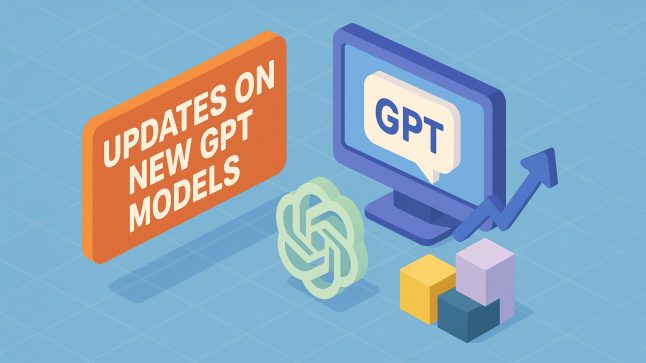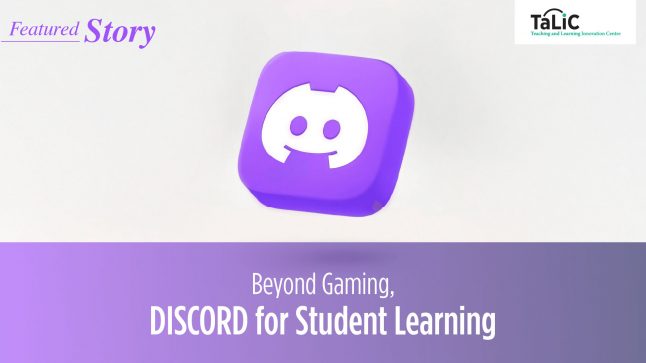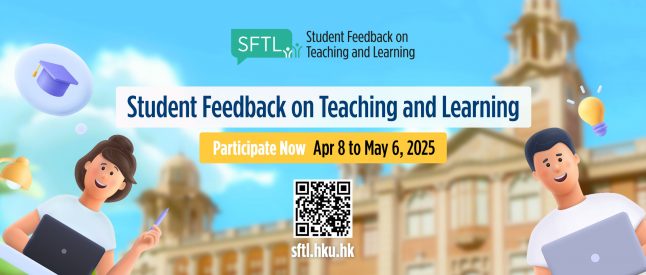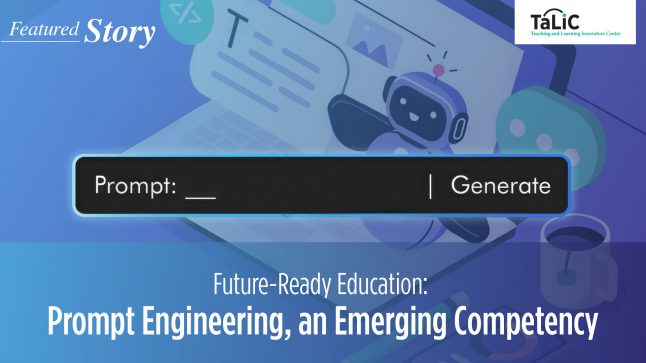
On September 22 and October 20, 2015, the Technology-Enriched Learning Initiative (TELI) team facilitated an extraordinary “flipped-classroom” learning experience for the students in Professor Rick Glofcheski’s Tort Law class. The idea was to provoke their initiative in discussion of authentic legal issues.
Student interviewed on her expectation before the session
To “flip” the classroom is to mobilise the classroom time to the greatest, that is to reserve as much time as possible for interaction among students. Before the large-group meet-up, short videos were prepared to consolidate students’ knowledge on legal principles, with each video covering a key concept.

In groups of five, students were seated in Loke Yew Hall. They analysed news articles as if they were analysing a live case in front of them. Discussion was completely student-led. Tutors simply observed group discussions and supplemented their ideas at times.
Student interviewed on her experience after the session
One interesting touch to the ‘Flipped Classroom’ was the use of Mentimeter, an online polling system. Students were invited to answer several questions online anonymously after watching the video lectures as well as to provide justifications for their answers. The answers were then shown at the beginning of the large-group class. In this way both students and tutors got a better understanding of common misunderstandings that might be incurred when learning about the topic.

It was extremely rewarding to the team to hear that students and tutors cherished this experience and were looking forward to more. Students pointed out that unlike tutorials, they really do engage in a discussion with one another. Tutors also believed that by not “dictating” the classroom, students were allowed more spaces for discussions, and would eventually benefit from them.








